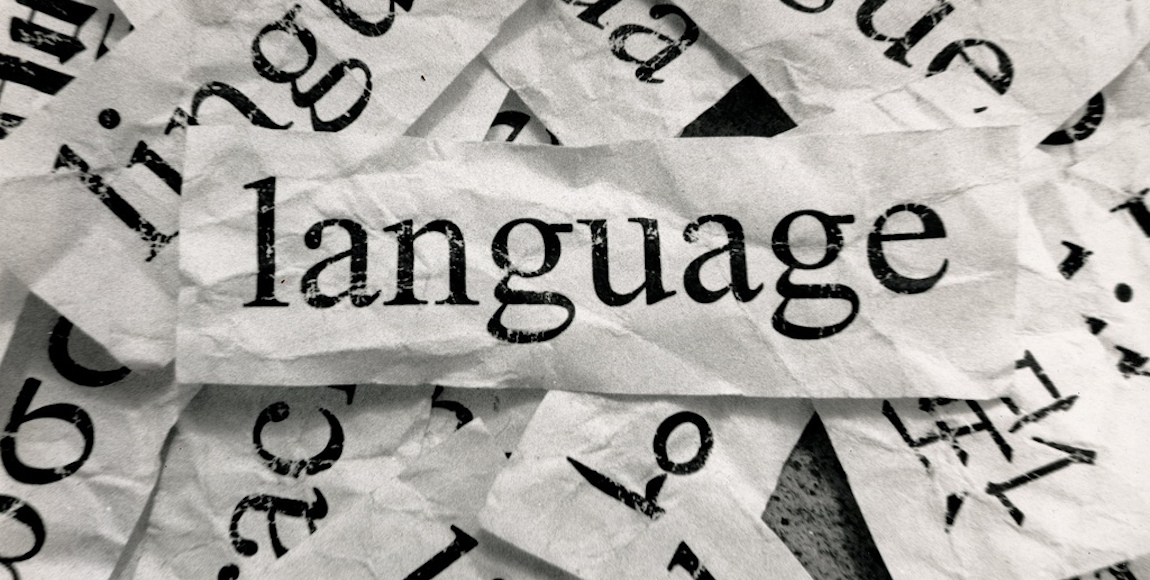Auwais Rafudeen reflects on the importance of indigenous languages in the decolonial project, and the internalised Western ideologies that hold back the attempts to dismantle our colonial legacy.
In Mohammed Jameel Abdulla’s takeaway of Mahmood Mamdani’s recent TB Davie Memorial lecture, there were two audacious points made by the Ugandan professor that cry out for further exploration.
The first was an in-your-face type of audaciousness: “It is no exaggeration to say that Afrikaans represents the most successful decolonising initiative on the African continent.†The hall erupted into laughter but Mamdani was being deadly serious.
The second was more subtle: “No amount of radicalism in a Western person can eliminate the Western style of analysis.†Mamdani here was quoting the Kenyan scholar Ali Mazrui. And Mazrui was making the point that seemingly anti-Western Marxists, for all their ideological positioning, were really Western at heart.
Let’s deal with the first point regarding language.
With the support of massive public resources, Mamdani observed that Afrikaans evolved from a folkloric language to one of high culture, legal discourse, politics and literature. Afrikaners, in other words, did not simply kowtow to the then-nascent forces of monoculturalism but sought to maintain their authenticity in the face of that reality. Mamdani, of course, is not oblivious to the enormous and disastrous political consequences associated with this particular case of maintenance, but his point was that such transmutation is possible in the case of other non-English languages in South Africa as well. Such investment in indigenous languages, and consequently such resistance to the forces of globalisation, simply did not take place post-1994.
For Mamdani, the focus on language is the essence of decoloniality. Languages are associated with knowledge traditions and so with ways of being and knowing that run counter to those imposed through colonial hegemony. Lose your language and you lose your way of life. Losing language here does not mean forgetting your mother tongue (many people still speak theirs) but rather failing to elevate that language beyond the domestic setting in order to make it a central component in your public life. Elevating a home language to that life allows it to shape public reality, not merely react to it. Inevitably, the knowledge traditions that accompany any language will carve its own values and norms upon that reality rather than continuously engaging in a foreign idiom – and invariably being subject to such an idiom.
It is significant that Mamdani does not see politics as the essence of decoloniality. Of course, politics is crucial in that it addresses social injustice and historical exploitation. But politics also operates in a somewhat reactive mode: it reacts, almost always in the same foreign idiom, to the prevailing state of relations without necessarily tackling root causes. It often deals in identities and representations (how am I seen by the ‘other’) – aspects which are important – but glosses over the emotional underbelly of the universal human experience. Here we may talk about dimensions such as friendship, loyalty, love, courage, faith and so on (or their opposites) which at root drive human interaction across all cultures, colonial and non-colonial alike. A language-based response taps directly into such values and norms, to such root causes, and in its independence from the monoculture asserts other ways of knowing and being in the world.
Now, onto the Mazrui issue.
Why is Mamdani’s quotation of Mazrui significant? Mazrui was not anti-Western per se and in fact appeared to support the liberal European model of the university. Rather, Mazrui was acutely noting that those who seemed the most radical in posturing against the West were often those most inscribed into its mode of thought. The Marxist intellectuals he was referring to sought to import an “aesthetics of purity†into 1960s Tanzania. This aesthetics of purity may roughly be described as a Marxist version of good versus evil, its view of what is ideologically pure and acceptable against what is not. Mazrui sees such an approach, for all its good intentions, as approximating the concept of the “white man’s burden†which, as we know, determined what was “civilised†and what was not. So, despite being overtly anti-Western ideologically, this aesthetics had profound roots in colonialism itself.
Why is Mazrui’s insight relevant to decoloniality? It is relevant because it continually forces us to question our own ideological positioning. Where do the decolonial solutions we offer come from? What are the roots of the theories that we employ in the service of decolonisation? What “white men’s burden†may our seemingly progressive ideas still harbour?
The purpose of such questioning is to nourish a genuine decoloniality, not one unwittingly inscribed in the paradigm that drove the colonial project.
But I believe this self-examining approach also results in a more careful and nuanced approach to the colonial legacy. Mazrui does not have an affinity with the European model of a university because he is a sycophant of the West. Rather, it is because there are aspects in his own East African heritage that resonate with values found in that model. Mamdani himself calls upon decolonial scholars to appreciate and learn from the rigorous philological methods employed by scholars of the colonial period. While it will always be in tension with arrogant residues of the colonial attitude, the decolonial project must still at heart be pursued through dialogue.
The views expressed in this article are the author’s own and do not necessarily reflect the editorial policy of The Daily Vox.
Auwais Rafudeen lectures in the Department of Religious Studies and Arabic at the University of South Africa (Unisa).









